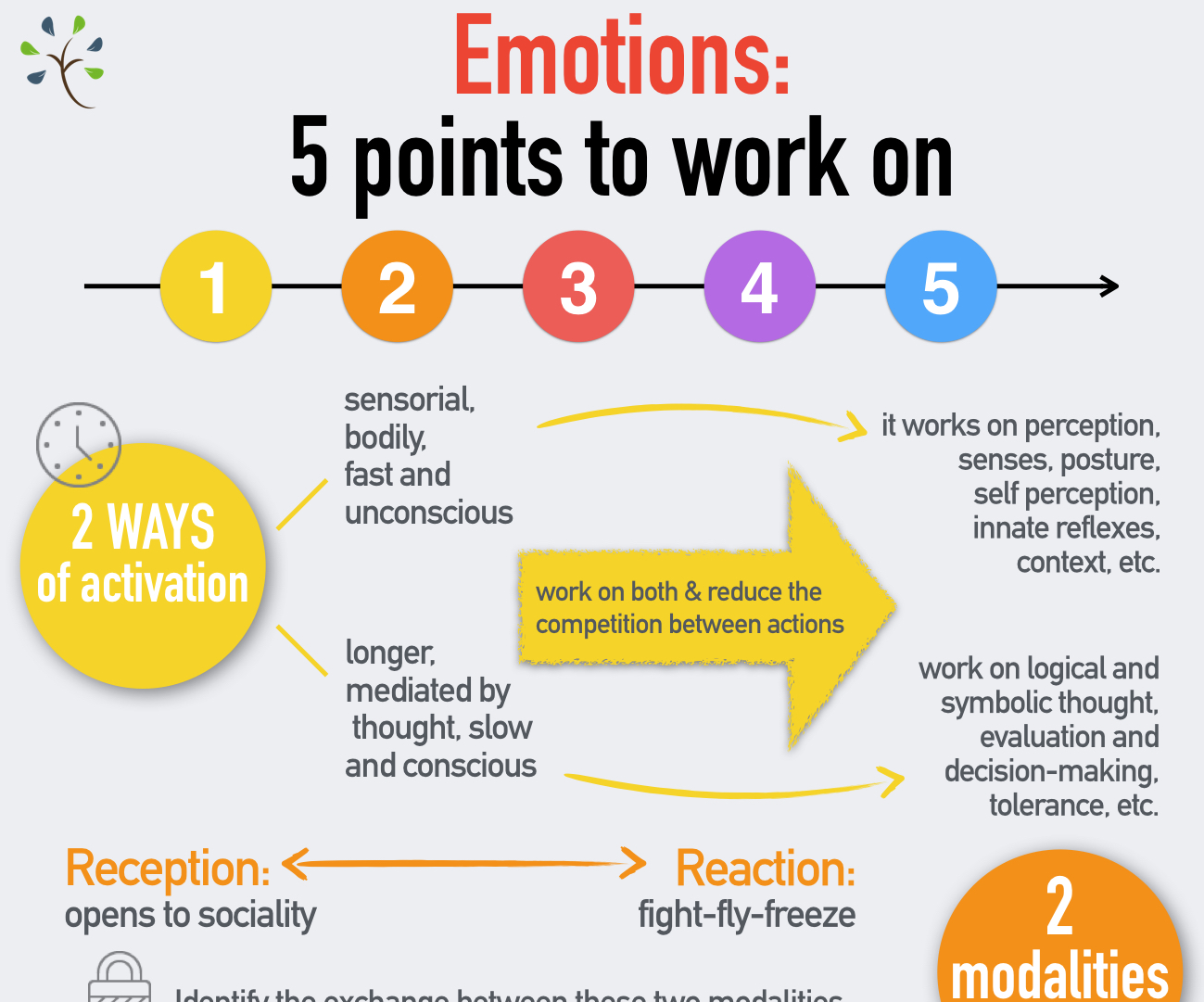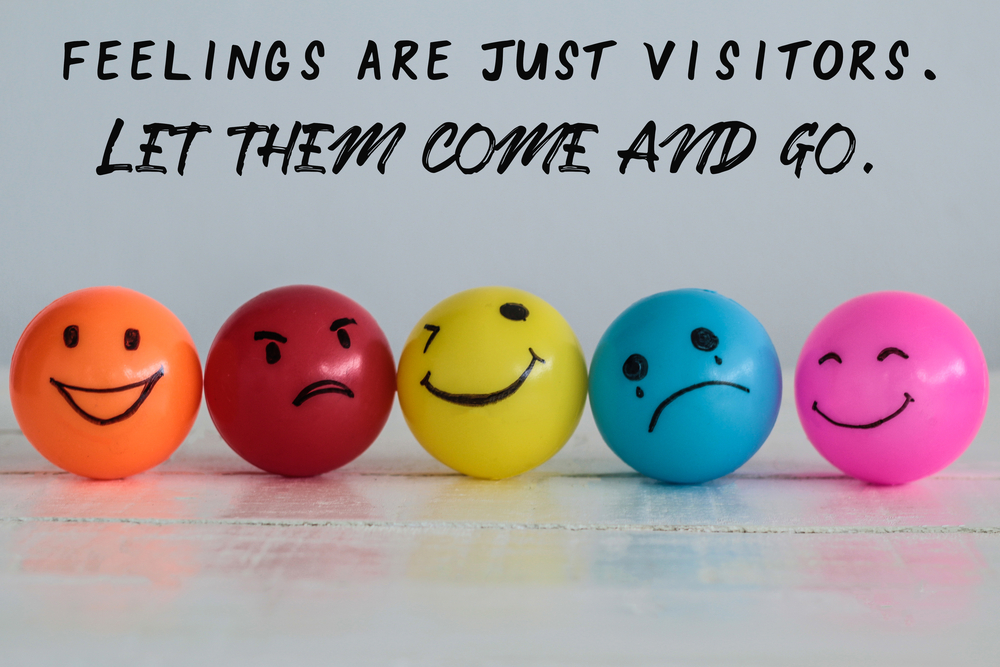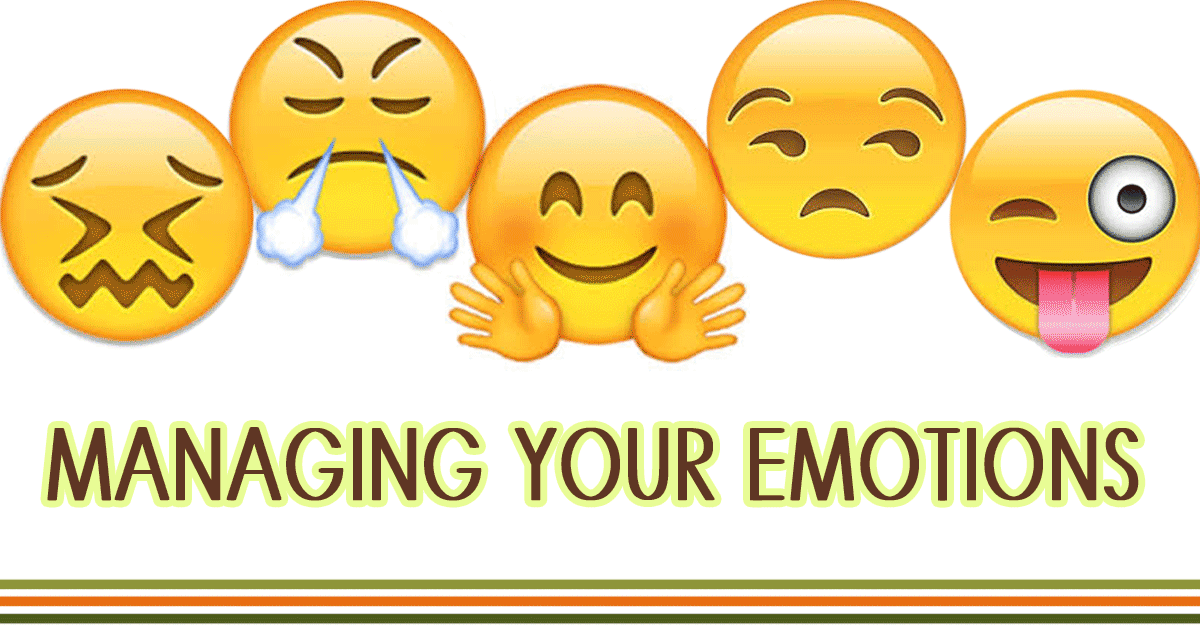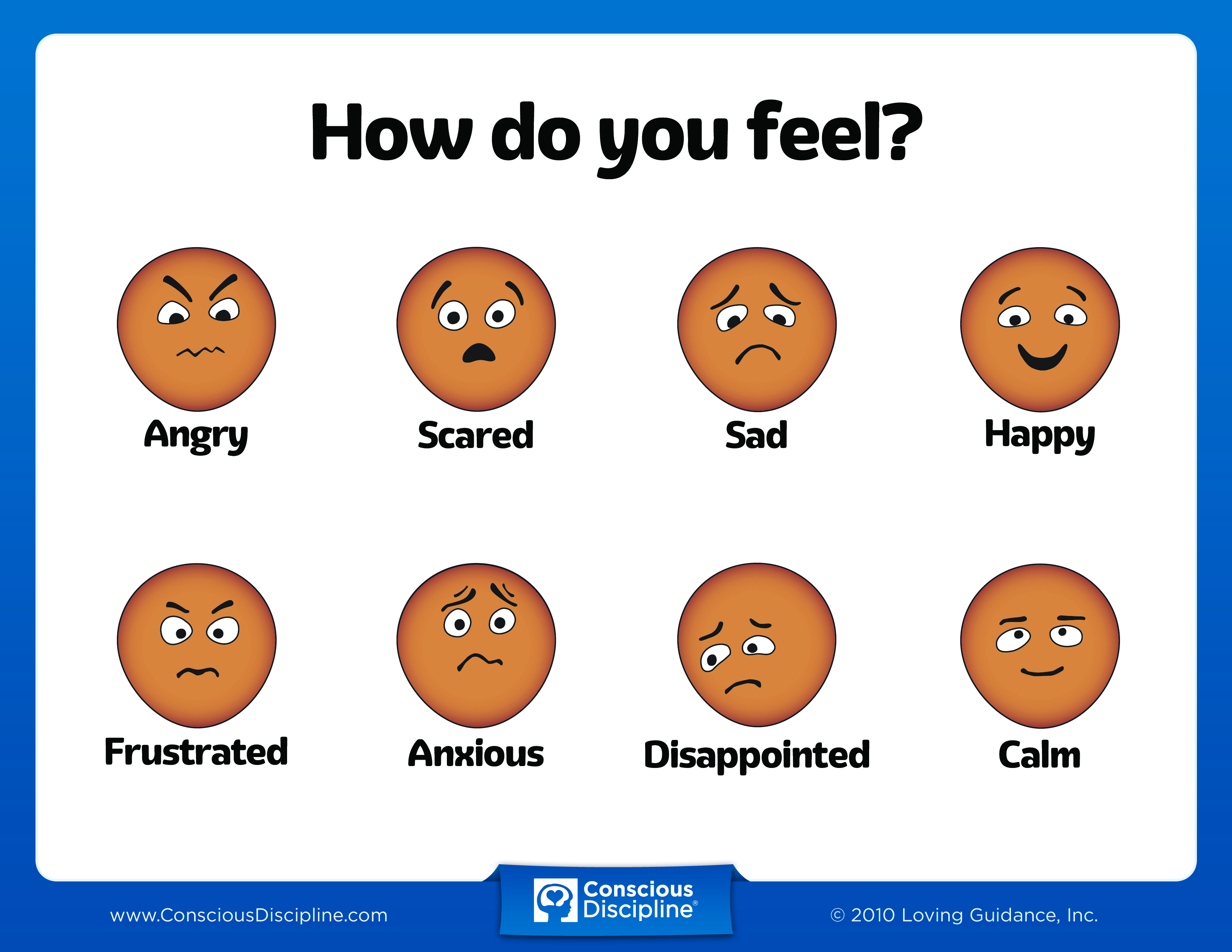Great Tips About How To Control Emotional Feelings

Controlling emotions is an essential part of personal growth, and to gain control over mental health.
How to control emotional feelings. Strong emotions can be the product of a process in which your core values are challenged. [directed by daniel stankler, narrated by jack. Make a list.
6 most useful emotional regulation skills for adults. What are emotions and how do they work? The important role of negative emotions.
Try to practice communicating your feelings. Harnessing principles of change. Home / how to control your emotions:
How to manage your emotions: How to control emotions and feelings. It may involve behaviors such as rethinking a challenging situation to reduce anger or.
Becoming more emotionally intelligent involves incorporating body language, tone of voice, active listening and reflecting. Here's how to develop emotional regulation skills for emotional health and healthy relationships. Write the big ones and even the tiny nudges on paper to.
If you often struggle to manage your feelings, however, you may be wondering how to stop being as emotional and better control your emotions. We are wired to avoid our emotions, not mindfully embrace. A formula for the complex cycle of meaning (meaning = emotion = life) human beings are emotional creatures.
At some point in time, everyone has experienced a range of emotions: How to control your emotions. The key skill we rarely learn:
And is controlling your emotions even possible? Emotional regulation requires that you build your emotional intelligence, also called emotional quotient (eq). 4 ways to better understand your emotions.
Explore techniques to help you identify, understand, and regulate your emotions. Letting your emotions take over can hurt you and others. What is emotional regulation disorder?
Controlling emotions looks like “turning down the volume” on their intensity and “changing the channel” to a different emotion when necessary, dattilo explains. Noticing the physical signs of emotional experiences is often the first step to identifying and processing feelings.









![How To Control Your Emotions [HELPFUL TIPS]](https://smallbusinessify.com/wp-content/uploads/2021/01/How-to-Control-Your-Emotions-so-Your-Emotions-Dont-Control-You.jpg)







